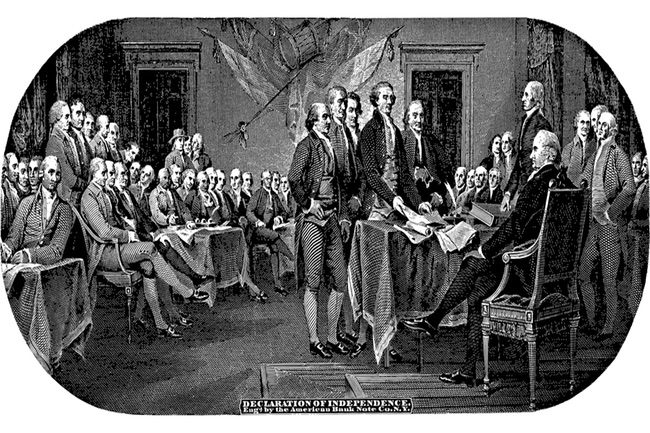Comparing The Floyd Riots To The Boston Tea Party Insults Actual Patriots By Joshua Lawson for The Federalist
The Boston Tea Party patriots who protested British oppression have nothing in common with rioters who ravage American cities for personal gain.
One of the most galling and misleading arguments tossed around following the death of George Floyd is an attempt to draw a parallel between the carnage sweeping the nation and the Boston Tea Party.
In this clumsy effort, “riot” has become just the latest word twisted for political purposes. Merriam-Webster defines “riot” as:
A violent public disorder; specifically: a tumultuous disturbance of the public peace by three or more persons assembled together and acting with a common intent.
It takes an impressive level of historical illiteracy to describe the Boston Tea Party as a “riot.” And while the spread of bad history is always lamentable, when agitators warp events like the original Tea Party to justify setting fire to American cities the deception becomes dangerous.
True Defenders of Liberty
On December 16, 1773, some 30 to 130 members of the patriot group known as the Sons of Liberty—some dressed as Mohawk warriors—boarded three British shipping vessels docked at Griffin’s Wharf and dumped 342 chests of tea into the Boston harbor.
Though many witnessed the event’s aftermath, it was a moonlit, covert act completed in three hours. No harm came to the ships and crews of the Beaver, Dartmouth, and Eleanor. No violence or confrontations of any kind took place between the British soldiers, colonial patriots, or Tory loyalists that night.
The justifiable motives of the event were, namely, the oppressive Townshend Acts and the Tea Act of 1773. More broadly, it was part of the growing frustration of American colonists being taxed without representation.
The colonials were under the correct impression that the 1689 English Bill of Rights recognized certain fundamental rights granted to all Englishmen. In response to the denial of these rights, the colonists struck back at the government responsible.
A Proportional, Targeted Response
The Sons of Liberty used the Boston Tea Party to send a targeted message to London. For the Crown-supported, monopolistic British East India Company that was the specific focus of the protest, the value of the destroyed tea amounts to $1.7 million today.




